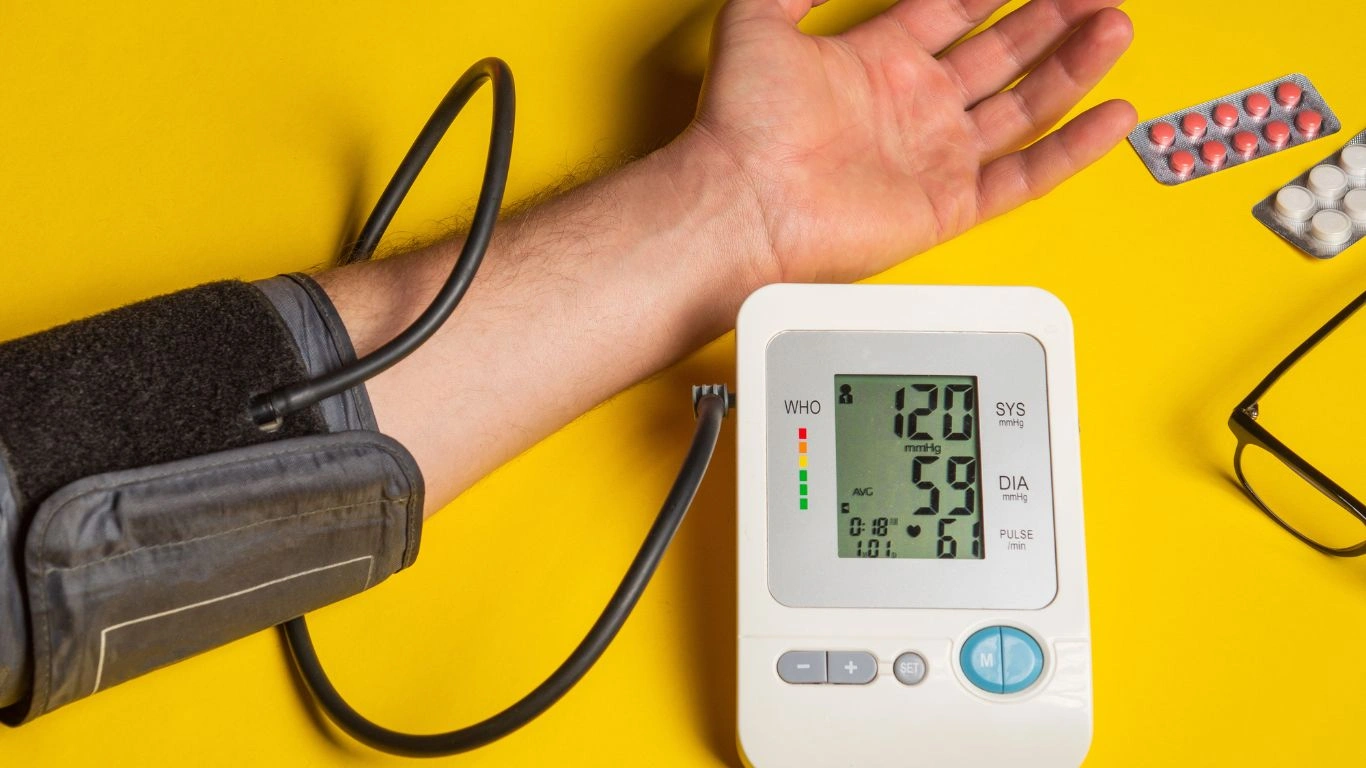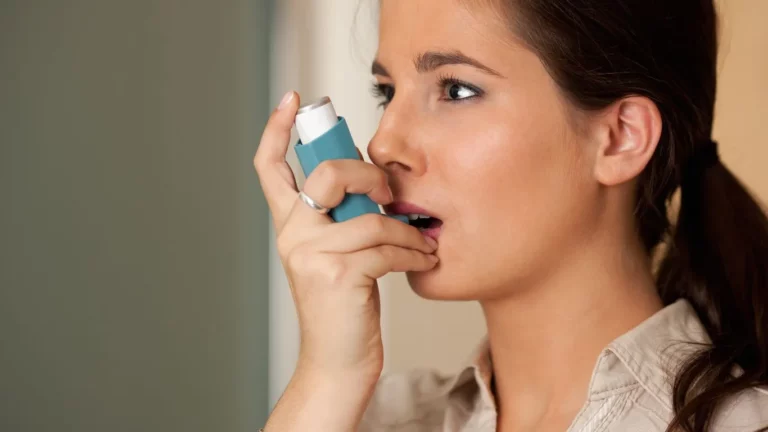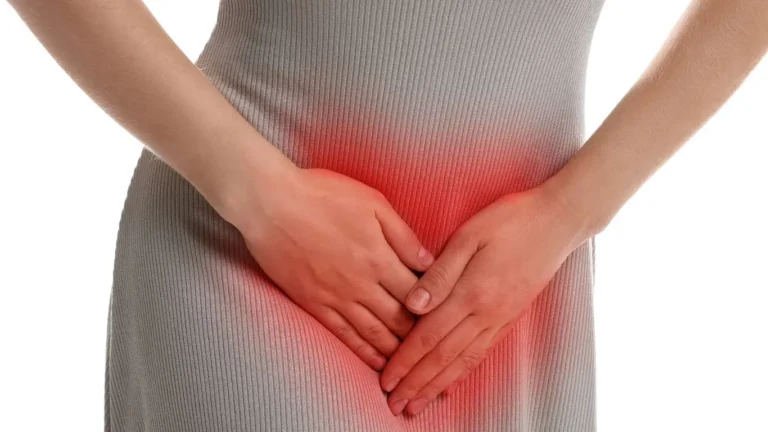The Role of Antioxidants in Reducing Hypertension: A Natural Approach to Heart Health
Looking for ways to help manage your blood pressure naturally? Antioxidants might just be the hero you didn’t know you needed! Let’s explore how these powerful compounds can play a role in reducing hypertension and keeping your heart healthy.
When it comes to hypertension (aka high blood pressure), the goal is to keep your numbers in check, right? The good news is that you don’t always need medication to make a difference. A lot of research shows that antioxidants can be pretty effective in reducing hypertension. But what exactly are antioxidants, and how do they help? Let’s dive in!
What Are Antioxidants?
Before we get into the nitty-gritty, let’s get one thing straight: antioxidants are compounds that protect your cells from damage caused by free radicals. Free radicals are unstable molecules that can contribute to aging and various diseases, including hypertension. You’ve probably heard of vitamins C and E, or beta-carotene—yep, these are all antioxidants. But they’re not just good for your skin or vision; they’re also fantastic for your heart!

Antioxidants and Hypertension: What’s the Connection?
So, why are antioxidants linked to hypertension? Well, here’s the deal. High blood pressure can damage the blood vessels and increase your risk of heart disease. Free radicals contribute to this damage by causing oxidative stress. Oxidative stress is essentially when there’s an imbalance between free radicals and antioxidants in the body. By boosting your antioxidant intake, you’re helping to fight off this oxidative stress, which can, in turn, help reduce inflammation and lower blood pressure.
The Science Behind It
Research supports the idea that antioxidants can improve vascular health. A study published in the Journal of Hypertension found that antioxidant-rich foods can help dilate blood vessels, allowing for better blood flow. This can ease the burden on your heart and lower blood pressure. In simpler terms: antioxidants help keep your blood vessels flexible and reduce the strain on your heart.

Best Antioxidants for Hypertension
There’s a whole array of antioxidants you can include in your diet to support healthy blood pressure. Let’s go over some of the top ones:
1. Vitamin C
Vitamin C is a powerful antioxidant that has been shown to improve endothelial function (the lining of your blood vessels) and reduce blood pressure. Think citrus fruits like oranges, lemons, and grapefruits. Not a fan of citrus? No worries, bell peppers, broccoli, and strawberries are also packed with vitamin C!
2. Vitamin E
Vitamin E is another heart-friendly antioxidant. It helps protect the cells in your body from oxidative stress and supports overall cardiovascular health. Nuts, seeds, and spinach are great sources of vitamin E. Pop them in your salad or snack on some almonds for a tasty boost.
3. Polyphenols
Polyphenols are a group of antioxidants found in plant-based foods like berries, dark chocolate, and red wine. These compounds have been linked to improved blood vessel function and reduced blood pressure. Berries, in particular, are an excellent choice—blueberries, strawberries, and raspberries are rich in polyphenols that can support heart health.
4. Flavonoids
Flavonoids are another class of antioxidants found in fruits, vegetables, and even tea! Studies suggest that flavonoids, especially those found in apples, citrus fruits, and dark chocolate, may help lower blood pressure and improve heart health. So yes, indulging in a little dark chocolate (in moderation) could be good for you!
5. Coenzyme Q10 (CoQ10)
CoQ10 is an antioxidant that plays a crucial role in cellular energy production. It’s found naturally in the body but can also be obtained through food sources like fatty fish, organ meats, and spinach. Some studies have found that CoQ10 supplementation can significantly reduce systolic and diastolic blood pressure. If you’re not getting enough through your diet, you might want to talk to your doctor about supplements.

How to Incorporate Antioxidants into Your Diet
Getting antioxidants into your diet is pretty simple! Start with a variety of colorful fruits and veggies—more color on your plate usually means more antioxidants. Try adding a handful of berries to your morning oatmeal, tossing some spinach into your salad, or snacking on some mixed nuts. You could also sip on green tea throughout the day, which is rich in both antioxidants and flavonoids. And don’t forget that dark chocolate! A small square can satisfy your sweet tooth and give your heart a little love.

Other Lifestyle Factors to Manage Hypertension
While antioxidants play a significant role in managing blood pressure, they’re just part of the picture. A heart-healthy lifestyle is a combination of several factors:
- Exercise: Regular physical activity can help lower your blood pressure over time. Aim for at least 30 minutes a day of moderate-intensity exercise, like walking, swimming, or cycling.
- Reduce Sodium: Too much salt can spike your blood pressure. Cut back on processed foods and opt for fresh ingredients when you can.
- Maintain a Healthy Weight: Carrying extra weight puts additional strain on your heart. Staying within a healthy weight range can help keep your blood pressure in check.
- Manage Stress: Chronic stress can negatively affect blood pressure. Find ways to unwind, whether it’s through yoga, meditation, or just hanging out with friends.
- Limit Alcohol: Drinking too much alcohol can raise blood pressure. Keep it moderate, about one drink per day for women and two for men.
Conclusion
The role of antioxidants in reducing hypertension is pretty clear—these powerful compounds help protect your blood vessels, improve circulation, and lower blood pressure. By adding more antioxidant-rich foods like citrus fruits, berries, leafy greens, and nuts to your diet, you can support your heart health in a natural, delicious way. And don’t forget that a healthy lifestyle, including exercise, stress management, and proper hydration, is key to keeping your blood pressure where it should be. Here’s to a heart-healthy future!
Appendices
References
- National Heart, Lung, and Blood Institute (NHLBI). (2024). High Blood Pressure. Read More
- American Heart Association (AHA). (2024). Nutrition and Blood Pressure. Read More
- Journal of Hypertension, (2023). The Role of Antioxidants in Cardiovascular Health.
FAQs
- Can antioxidants replace blood pressure medication? Antioxidants should not replace prescribed medication for hypertension. They can be a helpful part of your diet, but always follow your doctor’s advice when managing high blood pressure.
- How long does it take for antioxidants to affect blood pressure? Results can vary. Some studies show benefits within a few weeks of consistent antioxidant intake, but the effects may take longer depending on your overall health and lifestyle.
- Are supplements a good alternative to food sources of antioxidants? Food sources of antioxidants are generally the best option since they offer a range of nutrients in addition to antioxidants. If you’re considering supplements, talk to your healthcare provider first.
- Can antioxidants prevent heart disease? While antioxidants can support heart health, preventing heart disease also depends on factors like exercise, diet, and lifestyle choices.
- Are there any side effects of consuming too many antioxidants? Generally, it’s difficult to consume too many antioxidants from food. However, taking high doses of antioxidant supplements can have potential side effects. Always consult your doctor before starting any supplement regimen.
Disclaimer
The information provided in this article is for general informational purposes only and does not substitute for professional medical advice. Always consult a healthcare provider for advice on managing hypertension or making dietary changes.

Dr. Gwenna Aazee is a board-certified Internal Medicine Physician with a special focus on hypertension management, chronic disease prevention, and patient education. With years of experience in both clinical practice and medical writing, she’s passionate about turning evidence-based medicine into accessible, actionable advice. Through her work at Healthusias.com, Dr. Aazee empowers readers to take charge of their health with confidence and clarity. Off the clock, she enjoys deep dives into nutrition research, long walks with her rescue pup, and simplifying medical jargon one article at a time.







